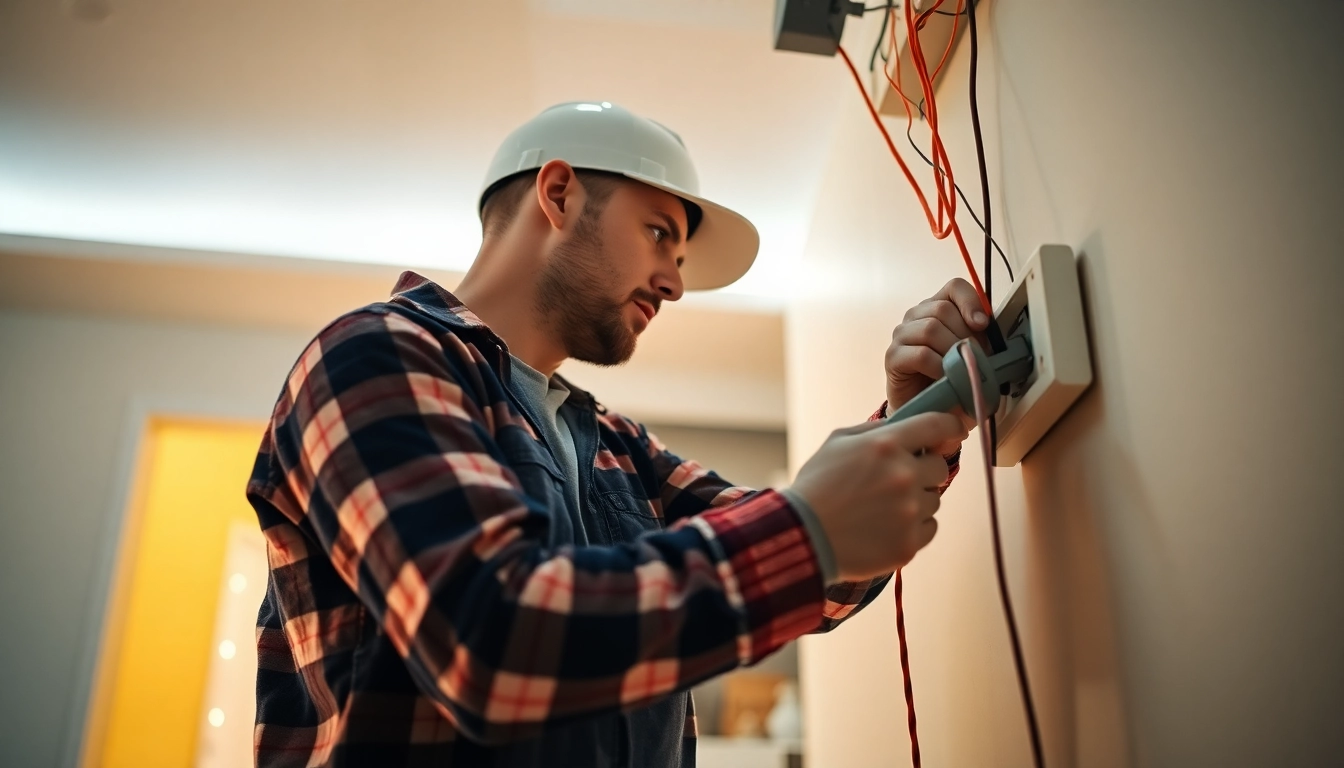Understanding the Role of a Relationship Coach
In today’s fast-paced world, maintaining healthy relationships can be a significant challenge. Whether it’s romantic connections, friendships, or family dynamics, the complexities of human interaction can lead to misunderstandings and conflicts. This is where the expertise of a relationship coach becomes invaluable. A relationship coach provides guidance, tools, and strategies to help individuals and couples navigate their emotional landscapes, ensuring they cultivate and sustain meaningful connections.
What is a relationship coach?
A relationship coach is a trained professional who specializes in helping people improve their personal relationships. They employ various techniques to support clients in identifying patterns, setting goals, and developing actionable plans to enhance their interactions with others. Unlike therapists who delve into the psychological aspects of a person’s history, relationship coaches focus on the present and future, empowering clients to make substantive changes in their relationships.
Difference between a relationship coach and a therapist
While both relationship coaches and therapists aim to improve interpersonal connections, their methods, training, and focus differ significantly. Therapeutic approaches often delve into past traumas or psychological issues affecting one’s relationships, whereas coaching is action-oriented, concentrating on current challenges and future growth.
Coaches typically work with clients who are looking to enhance their lives rather than address serious psychological issues. Coaches employ various techniques, including goal setting and accountability, to help clients achieve personal and relational objectives, while therapists are licensed to diagnose and treat mental health issues.
Common reasons to seek a relationship coach
Individuals and couples may seek the support of a relationship coach for various reasons, including:
- Communication issues: Struggles in expressing needs and feelings.
- Conflict resolution: Difficulty in resolving disagreements or ongoing conflict.
- Trust-building: Issues stemming from infidelity or breaches of trust.
- Transition phases: Navigating significant life changes, such as marriage, divorce, or parenthood.
- Personal development: Understanding one’s emotional needs and growth as an individual within relationships.
Key Techniques Used by Relationship Coaches
Goal setting in relationship coaching
Goal setting is a cornerstone of relationship coaching. Coaches work with clients to establish clear, achievable objectives that align with their desires for improved relationships. This process often involves:
- Identifying core values: Clients articulate what is essential to them in relationships, allowing the coach to tailor strategies that resonate.
- Prioritizing goals: By setting specific relationship goals—such as improving communication or enhancing intimacy—clients can recognize their progress and stay focused.
Communication skills enhancement
Effective communication is vital in any relationship. Coaches guide clients in improving their communication skills through:
- Active listening: Learning to listen to understand, not just to respond.
- Non-verbal communication: Understanding body language and emotional cues that influence interactions.
- Expressing needs: Teaching clients to articulate their feelings and needs in constructive ways.
Conflict resolution strategies
Conflict is inevitable in relationships, but how it’s managed can make all the difference. Relationship coaches equip clients with conflict resolution strategies, such as:
- Identifying triggers: Recognizing patterns that lead to conflict allows couples to proactively address issues.
- Finding common ground: Encouraging partners to focus on shared goals and values rather than differences.
- Using “I” statements: Teaching clients to express their feelings without casting blame.
The Benefits of Working with a Relationship Coach
Improving self-awareness and understanding
One of the most significant benefits of working with a relationship coach is the enhancement of self-awareness. Through guided coaching sessions, individuals begin to understand their patterns, beliefs, and emotional triggers, leading to healthier interactions in their relationships. Self-awareness encourages clients to reflect on their behavior, recognize areas for growth, and identify how they can contribute positively to their relationships.
Strengthening partnership dynamics
For couples, the collaboration with a coach can significantly strengthen the dynamics of their relationship. By addressing underlying issues and improving communication channels, couples often find themselves more connected and able to navigate challenges as a unified front. The result is a more resilient partnership that can weather life’s storms together.
Achieving personal growth through relationship insights
Working with a relationship coach not only aids in relationship health but also fosters personal growth. Clients gain valuable insights into their behaviors, preferences, and desires, enabling them to become better partners as well as individuals. Relationships become a mirror reflecting one’s growth journey, where personal achievements and challenges are intertwined with relational dynamics.
Choosing the Right Relationship Coach for Your Needs
Identifying the right coaching style
Choosing the right relationship coach is crucial for successful outcomes. Clients should identify their preferred coaching styles by considering factors such as:
- Target audience: Some coaches specialize in couples, while others focus on individual relationships.
- Approach: Each coach may employ different techniques (e.g., cognitive-behavioral, experiential). Understanding one’s comfort level with these approaches is essential.
Questions to ask before hiring a relationship coach
Before committing to a relationship coach, clients should ask several key questions, including:
- What is your coaching philosophy?
- Can you share success stories or testimonials from previous clients?
- What are your qualifications and experience?
- How do you measure progress during coaching sessions?
- What is your cancellation and rescheduling policy?
Red flags to watch out for in potential coaches
While searching for a relationship coach, it’s vital to be aware of potential red flags, such as:
- Lack of credentials or formal training in coaching.
- Vagueness in describing their coaching methods or goals.
- Pressure to make a quick decision without sufficient information.
- Inconsistent communication styles or areas of expertise that do not align with the client’s needs.
Measuring Success in Relationship Coaching
Recognizing progress in relationships
Measuring progress in relationship coaching can vary based on individual goals, but some general indicators include:
- Improved communication patterns.
- Increased emotional intimacy.
- A reduction in conflict frequency and severity.
- Higher levels of satisfaction and commitment in the relationship.
Setting measurable outcomes for coaching sessions
Coaches work with clients to establish clear, quantifiable outcomes for each session. For example:
- Session goals: Clients may aim to resolve a specific conflict or articulate their feelings during sessions.
- Behavioral changes: Tracking specific changes in behavior, such as initiating conversations deliberately or responding calmly during conflicts.
Long-term strategies for sustaining relationship health
To ensure lasting changes, relationship coaches often equip clients with long-term strategies that emphasize continuous growth and learning, including:
- Regular check-ins with each other on relationship statuses.
- Continual goal setting to adapt to new life circumstances.
- Engaging in regular couple activities that enhance bonding.




